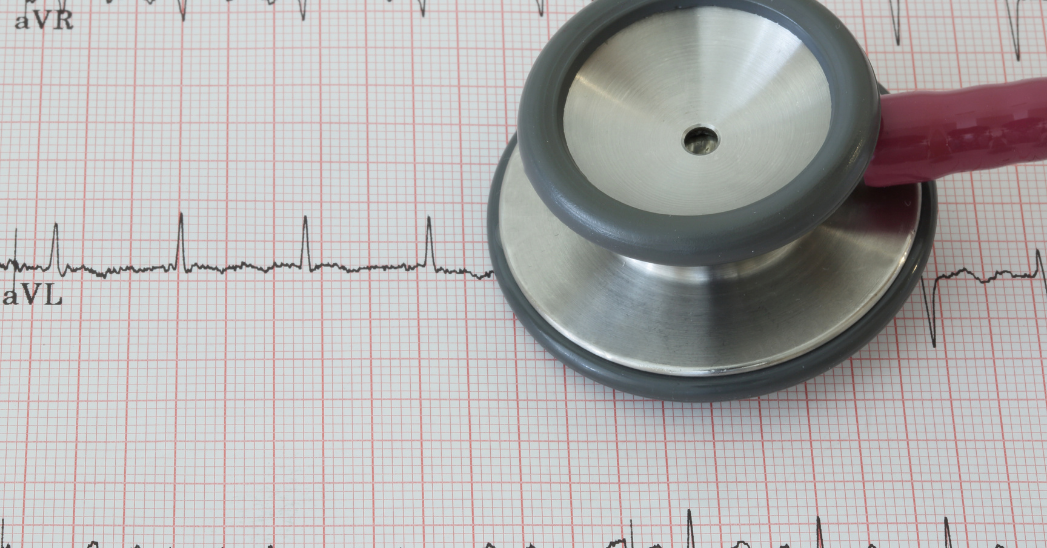
Heart rhythm disorder: Atrial fibrillation
Celine HaarhoffAtrial fibrillation, also known as AF or AFib, is a common type of heart rhythm disorder. It is characterized by rapid and irregular beating of the heart, which can lead to a variety of symptoms, such as dizziness, shortness of breath, chest pain, and fatigue. AF can increase the risk of heart failure, stroke, and other serious complications in severe cases.
While anyone can develop AF, some people are more likely to have the condition due to their genetic makeup. Research has shown that genetics play a significant role in the development of AF, with certain genetic variations increasing a person's risk of developing the condition.
Genetic predisposition to AF is typically inherited from a person's parents. If one or both of your parents have AF, you may also be at an increased risk of developing the condition. In addition, certain ethnic groups, such as African Americans, Hispanic Americans, and people of Scandinavian descent, have a higher prevalence of AF and may be more likely to have a genetic predisposition to the condition.
The symptoms of AF can vary from person to person, but common signs and symptoms include the following:
- Dizziness or lightheadedness
- Palpitations (a sensation of rapid, fluttering heartbeats)
- Chest pain or discomfort
- Shortness of breath
- Fatigue
- Weakness
You must see a doctor for proper evaluation and diagnosis if you have any of these symptoms. AF can often be detected through a physical exam, electrocardiogram (ECG), and other tests.
A genetic test can help determine your genetic predisposition to AF. This test involves taking a sample of your DNA and analyzing it for specific genetic variations associated with an increased risk of AF. The results of a genetic test can provide valuable information to you and your doctor, allowing you to take steps to reduce your risk of developing AF or manage the condition if you have already been diagnosed.
You can take several steps to reduce your risk of AF if you have a genetic predisposition to the condition. These include:
- Maintaining a healthy weight
- Exercising regularly
- Eating a healthy diet
- Avoiding tobacco and excessive alcohol consumption
- Managing stress
- Controlling chronic conditions such as diabetes and high blood pressure
In addition, your doctor may recommend certain medications to help control your heart rhythm and reduce your risk of AF-related complications. These may include blood thinners, beta-blockers, and other medications.
In conclusion, a genetic predisposition to AF can increase your risk of developing the condition. Knowing your genetic risk can help you get an early diagnosis for more effective treatment and management of the condition.
